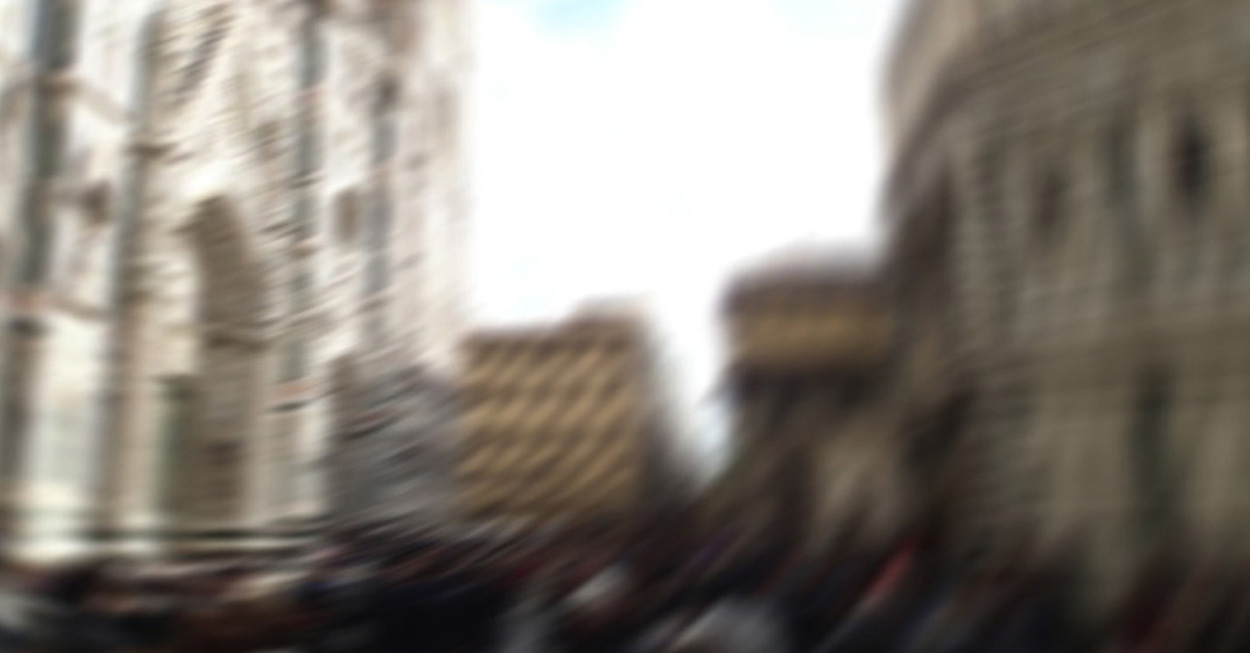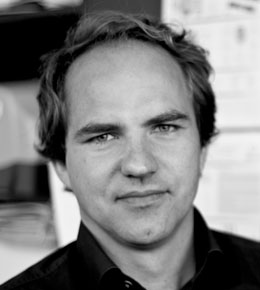

Neuro-Vestibular Diagnostics
The complaint of dizziness is highly prevalent but remains often an enigma to the physician in daily practice. Serious diseases potentially accompanied by dizziness like stroke, multiple sclerosis or brain tumors can easily be identified by brain imaging or other standard neurological techniques without the necessity to understand how dizziness evolves. The treatment of the underlying disease may also resolve dizziness. The majority of patients suffering from dizziness, however, do not have overt brain lesions.
Here, the aim is to understand and to treat the underlying deficits within a pathophysiological framework of dizziness. We are guided by the conviction that the subjective experience of dizziness is the consequence of a disturbance of the perception of one’s own orientation relative to the outside world. Hence, affections of the numerous neural systems contributing to perceptual stability are in principle capable of eliciting dizziness. Traditionally, emphasis has been placed on the vestibular system that is reflected in the current diagnostic repertoire. The integrity of semicircular canals, primary afferents and the vestibulo-cerebellum is evaluated by vestibular stimulation and the recording of eye movements dependent on vestibular stimulation.
Currently, we are setting up a new laboratory for the diagnostic investigation of functional disturbances of the vestibular system. This is accomplished in colloboration with the University of Tübingen´s ENT clinic and accompanied by an intersdisciplinary consultation of patients suffering from dizziness. The diagnostic investigation methods will encompass caloric and rotatory stimuli with distinct accelerations (chair rotation, head-impulse-test). Eye movements will be recorded by means of electrooculography, video-oculography or search coils dependent on the problem to clarify. The integrity of otolith organs and their central connections will be examined by applying acoustic or vibratory stimuli and the evaluation of evoked myogenic potentials of neck or facial muscles (cVEMP, oVEMP). Quantitative head-impulse-measurements using search coils and both VEMPs constitute innovative techniques that have extended the diagnostic repertoire and provided new explanations of some forms of previously mysterious forms of dizziness. The usage of these up-to-date techniques in the evaluation of patients suffering from dizziness is one of our group’s interests.
To this end, we have established normative data over the last years. These new tests have allowed us to increase the percentage of patients in whom specific forms of dizziness can be diagnosed. On the other hand, a significant group of patients remains, in whom the dizziness remains „idiopathic“, i.e. unexplained. Objective measurements of deficits or proven concepts are scarce. Psychogenic origins and circumscribed deficiencies in sensorimotor processing are discussed but remain controversial. In order to make headway, the laboratory explores the possibility that some forms of idiopathic dizziness may be a consequence of dysfunctional sensorimotor processing related to perceptual stability. We apply and extent psychophysical techniques, many of them developed at the DCN over the last years. Psychophysical data are compared with validated questionnaires to infer their potential relevance for dizziness and their relationships to psychopathological conditions. For example, we conducted a study in patients with chronic dizziness in which we could not obtain support for the hypothesis of a causal role of maladjusted efference copy involved in visual perception.

Center of Neurology
Hertie Institute for Clinical Brain Research
Department Cognitive Neurology
Otfried-Müller-Straße 27
72076 Tübingen
Phone: +49 (0)7071 29-80469



